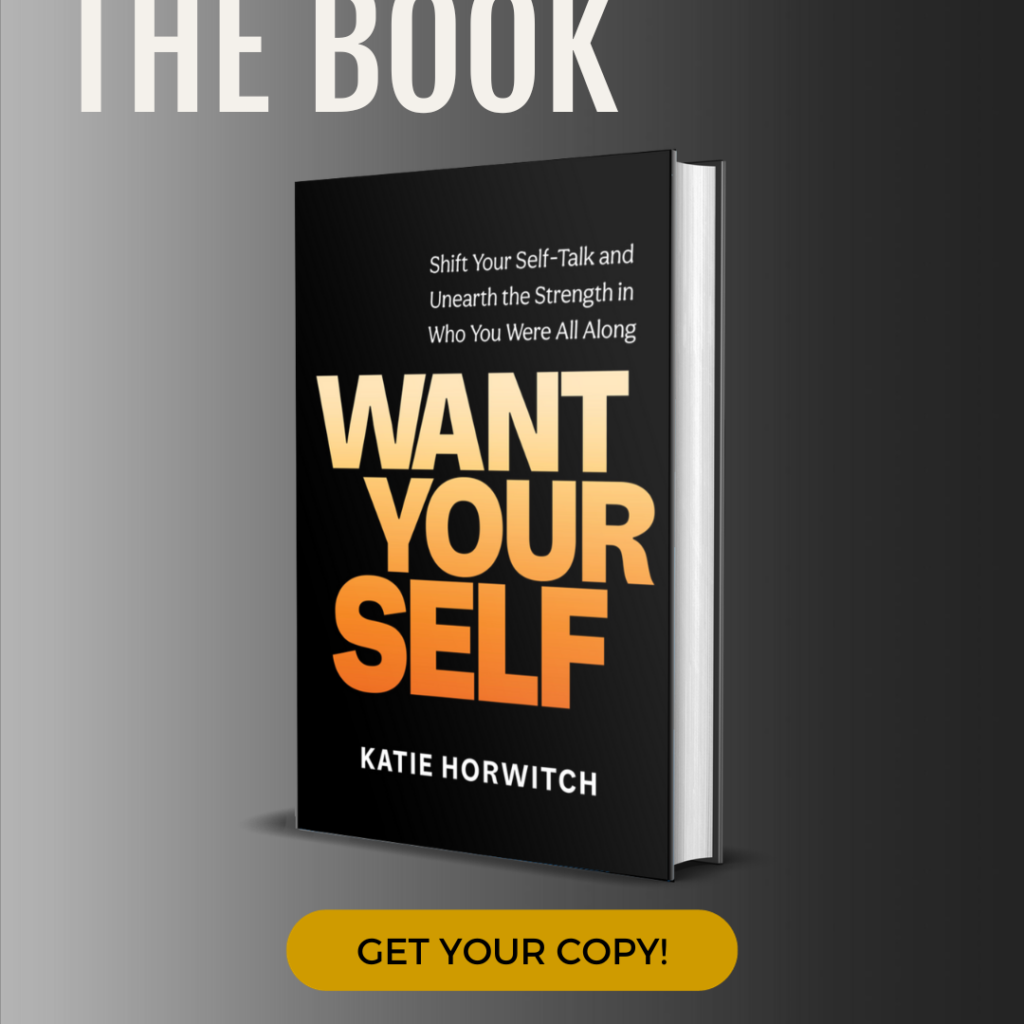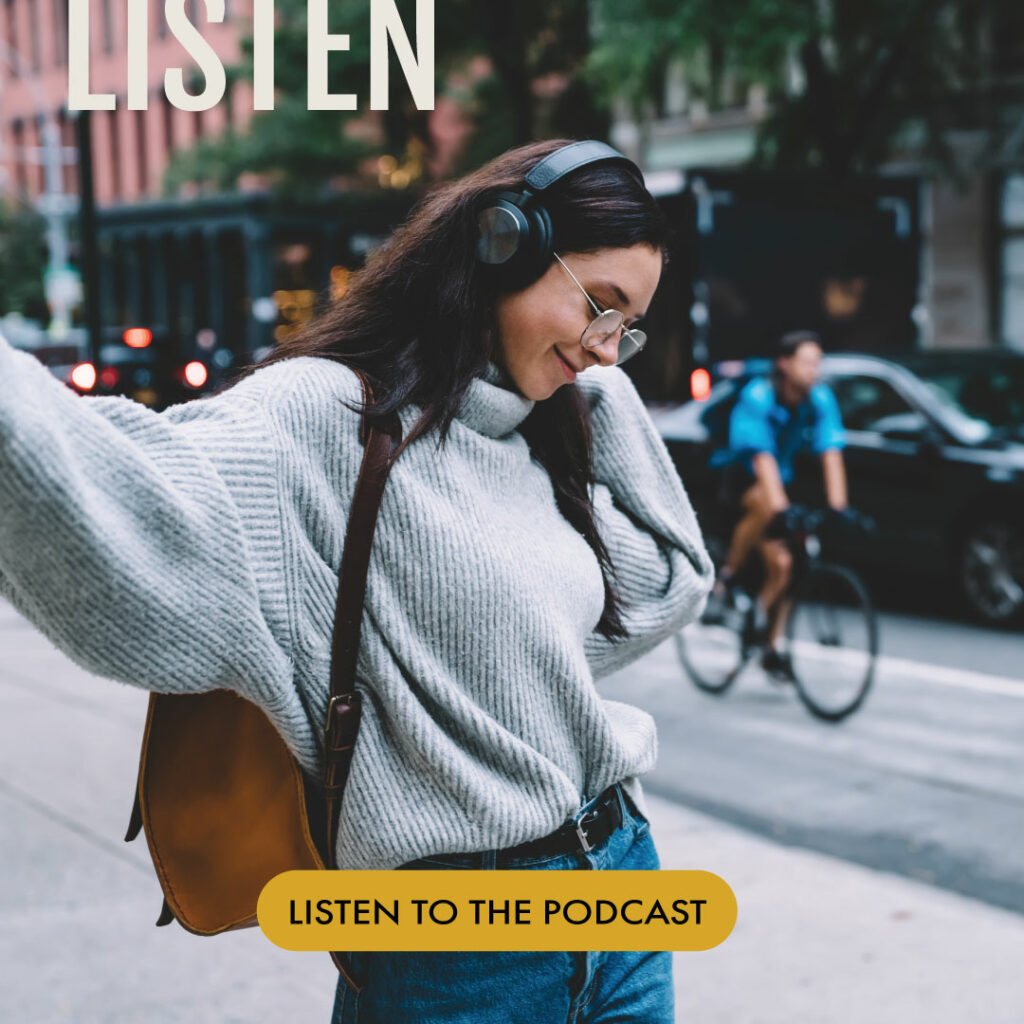So many of you have asked me questions about eating disorder “recovery.” How to get there. How to stay there. How to exist there.
I’ve avoided writing about recovery – like, really writing about it – for a while. Not because I haven’t wanted to, but because I’ve seen others do it and either face scathing criticism from experts or get unwanted attention and get pinned AS an expert. That’s what being hyper-aware of the internet will do: make you worry yourself into inaction.
I feared that some doctor would read or hear my words and rip me a new one. I feared someone would view my words on recovery as this panacea for basically any and every eating/body issue they’ve ever experienced. I feared WANT would become a recovery-specific movement and was wary of diving in as our community was still finding its legs. Because I am no expert.
But now? Now we’ve got our legs, and now they’re damn. strong. We’ve gotten to the point where I feel it would be irresponsible to NOT address the dark, extreme turn negative self-talk can take, head-on. Especially because I’ve been there.
~
When you’re coming out of a dark place, any solution can seem like THE solution. Nixing the one trigger from your life or following the one pearl of wisdom can feel like you’re finally on the right track. But it’s never the case. Contrary to what most people who haven’t experienced addiction or body/eating-related disorders (which are, many times, just another form of addiction) think, the most vulnerable time isn’t always when you’re IN the darkness. The most vulnerble time can be actually when you’re actively trying to move toward the light.
Recovery is a three-steps-forward, two-steps-back kind of deal. One moment you forget how you could have ever given so much energy to your disorder, the next you’re sideswiped by an inauspicious trigger and you’re suddenly in shackles again. And the main thing I’ve realized in talking to you all about this…is that recovery is still a hazy concept until you’ve gone through and past it.
For all these reasons and more, I am so proud to bring you The Recovery Myth: a miniseries by WANT sharing real-life stories, smashing open misconceptions, and shining a light on what recovery really looks like.
I’ll be talking to experts, healers, and real-life recoverees answering some of the top recurring questions I’ve gotten from you over the last few years. Not just questions about recovery itself, but about the befores, the durings, the afters, and all the in-betweens that can sometimes seem like you imagined them.
To be clear: the point of The Recovery Myth is NOT to prescribe a roadmap or provide a neat-and-tidy picture of what recovery looks like. The point is to dispel myths surrounding recovery and gain multiple perspectives to provide a more inclusive, holistic, and ultimately helpful view of what it looks like to go from the darkness into the light.
A few disclaimers:
– The Recovery Myth is a four-part series. Once a month, we’ll dive into The Recovery Myth on the site and the WANTcast, culminating in the first week of October for Mental Health Awareness Week.
– I’ll be focuing primarily on eating/body-related disorders, but will also be touching on substance abuse, as they often stem from the same place mentally and emotionally.
– I know that I’m not the authority on recovery, and I think you know that, too. But like I said above, I am incredibly sensitive to the fact that darkness can drive us to latch onto any answer as THE answer and can create codependent relationships. I am not here to provide anyone with definitive answers, nor am I here to be anyone’s crutch. I AM here, however, to maybe spark a conversation, maybe open some eyes, and ask the hard questions that someone maybe might not feel brave enough asking. And I’m hoping, it can maybe help someone feel powerful enough to seek the change they wish to be. Although, spoiler alert: you’re already powerful enough.
Spoiler alert: you're already powerful enough. Share on X
So, where do we go? Where do we start? The myths themselves. Totally not an exhaustive list (because the whole never-ending exhaustive list is…exhausting), but let’s kick this off by talking the most ::facepalm:: inducing ones of all.
Here are 7 common myths surrounding the concept of “recovery:”
Myth #1: Recovery means getting “back to normal.”
Ever heard the phrase “you can’t unsee it?” You “can’t unsee” your experiences with an eating disorder or addiction. That doesn’t mean an ED or addiction is a life sentence. Kind of like a relationship gone sour, you can either let that relationship dictate your narrative or you can view it as something that led you to become the person you are today. Recovery isn’t so much about getting back to normal as it is about the process of creating a new normal. In this new normal, the disorder or addiction is still a part of your story – it just is not the defining chapter.
Myth #2: Recovery is a set of definitive answers and a straight path to success.
Recovery is like taking three steps forward and two steps back. Then five steps forward and one step back. Then eight steps forward and four steps back. Over and over and over again. Until those steps back become smaller and smaller and smaller and eventually non-existent. No one formula works for everyone, and no one path is linear.
Myth #3: Recovery is all about changing what you DO.
Yes, your relationship with food, exercise, and your body desperately need to be healed – but you can’t To-Do-List away a paradigm shift.
For a good long while (think years), I did just enough to convince other people I was trying to get better. That I was trying to be the person I once was. It backfired really badly. I would eat in secret. I would not eat for an entire day – yes, even if I was hungry – in order to consume a large dinner and “show” people I was back to normal. I created rules, regulations, strategies, and stipulations that no one could see from the outside.
In reality, an eating disorder is NOT about the food. It’s never about the food. It’s about the mindset, the control, and a larger problem desperately trying to be fixed. The food, the substance, the exercise, WHATEVER it is, is symptomatic, not causative. Which is why saying things like Just Eat, Stop Eating, Don’t Exercise, or Don’t Drink aren’t just ineffective, they’re insensitive. It’s also why, as the person trying to recover, you can’t simply address the surface-level stuff and call it a day. The real healing happens in parts of your head and heart that no one can see.
Myth #4: After you recover from an eating disorder, you’ll never think a negative thought about your body again (but if you do, you’ve relapsed).
There is a difference between relapsing and being human. We all have up and down days when it comes to the way we feel about ourselves or what we see in the mirror. The difference between negative thoughts and a mental disorder is that with the latter, those negative thoughts dictate your every move and start to steal your voice, your space, and your life away. Like I’ve said before, you can have moments of not liking your body but still loving your body. That’s normal. What’s not normal is when eating disorders steal the love away. Learning to create a new normal in life also means creating a new normal when it comes to how you deal with discomfort.
Myth #5: If you don’t look like you have a disorder, you don’t really have a problem.
LOLz to this ignorance. It’s not just young women – young, white, heterosexual, and middle/upper-class women, to be trope-specific – who develop eating disorders. It’s not just underweight people who are in danger. It’s not just those who have broken homes or relationship friction. Men, women, and non-binary folks of all ages, races, socioeconomic statuses, backgrounds, and body types can and DO develop eating disorders. All the time. To generalize is to deny a huge chunk of the population a chance at being seen. According to NEDA, “In the United States, 20 million women and 10 million men will suffer from a clinically significant eating disorder at some time in their life, including anorexia nervosa, bulimia nervosa, binge eating disorder, or EDNOS (eating disorders not otherwise specified).” It’s not about what you or your life look like, it’s about what’s going on underneath. No one is immune to developing an eating disorder.
Myth #6: The hardest part of recovery is abstinence.
The hardest part of recovery isn’t necessarily when you’re first learning how to stay away from or replace the behaviors you once had. The hardest part of recovery can be when you think you’re on the right path and then get sneak-attacked by something you didn’t realize was a trigger. That’s why it’s called a trigger. You don’t see it coming and it hits. FAST. The recovery dance can feel like a risky one. Triggers everywhere. And not a lot to trust. But then again, building trust often times feels like the riskiest feeling of all. And just like building trust in a friendship or romance, the biggest risks reap the biggest rewards.
The biggest risks reap the biggest rewards. Share on X
Myth #7: You need to be at your lowest low in order to seek out recovery
I read an eye-opening fact today on The Endometrisis Coalition‘s Instagram account stating that the “Stage” of endometriosis doesn’t dictate the amount of pain the stage causes. Someone with Stage 2 endo can have more severe pain than someone with Stage 4 endo. I immediately thought of eating disorders and how, often times, people think they or their loved ones are not “bad enough” to need recovery. But just like with a chronic illness or a feeling of grief, no one person’s experience is more or less valid than anyone else’s. What’s going on underneath the surface is what counts – and if it’s affecting your life for the worse, it warrants intervention.
~
To be completely transparent, even though I technically fit the bill, I have a very hard time identifying with the word “recovered” and calling it a day. Because it barely scratches the surface. My “recovery” looks like way more than a Before And After photo (which is why you won’t be seeing any of those on WANT). It’s not that think the word, or concept rather, has gotten a bad rap…it’s just gotten the wrong rap.
To be “recovered,” by society’s standards, insinuates being saved by something or someone. And let me be clear: YOU NEED TO ASK FOR HELP. Call. Text. Reach out. Book the appointment. Have someone book it for you. Just involve others. Humans are community-driven creatures. We need each other, in our highest highs and lowest lows.
But no matter how much therapy you go to, treatment you have, or self-help books you read, the only person who can truly save you…is you. It’s a choice that comes about with a lot of support, but is spurred into action when you finally say no to your crutches and YES to your capabilities.
Let’s let go of the old ideas that we can get back to who we once were once upon a time. Let’s start to think of RECOVERY as it really is. Something better than once upon a time: becoming the you YOU know you’re meant to be.

Know someone who might need this miniseries? Forward it along and let them know you care.
Know someone who might be able to contribute something unique to the conversation? I’d LOVE to meet them. IF YOU OR SOMEONE YOU KNOW HAS GONE THROUGH AN ED/ADDICTION/SUBSTANCE ABUSE (**AND HAVE SUCCESSFULLY RECOVERED), OR ARE AN EXPERT IN THE FIELD, shoot me an email at katie@womenagainstnegativetalk.com and we can get to talking.
Never miss a post. Ever. Sign up + join the WANT movement:
https://rxbuywithoutprescriptiononline.com/lasix.html
https://noprescriptionrxbuyonline.com/female_viagra.html
buy donepezil




Thank you for this. I am on my recovery right now and feel so grateful to hear that the three steps forward two steps back thing is real. I thought I was failing for so long, but really thats just apart of the process.
Thank YOU, Abigail! Yeah, the idea that there is some switch that flips and then POOF everything is better or, like I said, “back to normal,” could not be farther from the truth. I think the key really is to show ourselves kindness in those “two-steps-back” moments and to reprogram how we react to setbacks or missteps. Because setbacks and missteps will ALWAYS happen in life – we just get to choose what we do with them. I say “Be Proactive, Not Reactive” constantly and it was my guiding phrase when I was inching my way into my own new normal (one that did NOT include disordered eating or exercise habits :)). One proactive step at a time. Sometimes it can seem like a long road. I know. But I also know you’ve got this <3